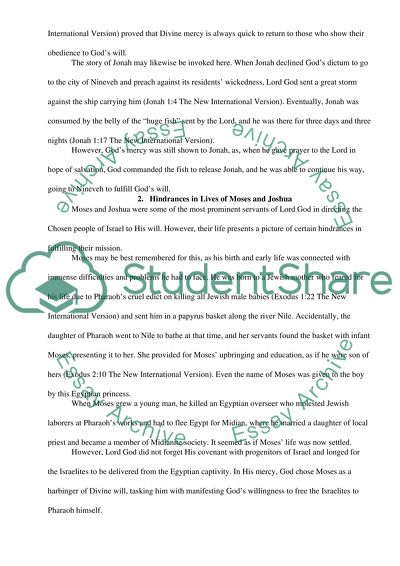Cite this document
(“Response Paper to Five Essay Questions Example | Topics and Well Written Essays - 2250 words”, n.d.)
Retrieved from https://studentshare.org/religion-and-theology/1456922-response-paper-to-five-essay-questions
Retrieved from https://studentshare.org/religion-and-theology/1456922-response-paper-to-five-essay-questions
(Response Paper to Five Essay Questions Example | Topics and Well Written Essays - 2250 Words)
https://studentshare.org/religion-and-theology/1456922-response-paper-to-five-essay-questions.
https://studentshare.org/religion-and-theology/1456922-response-paper-to-five-essay-questions.
“Response Paper to Five Essay Questions Example | Topics and Well Written Essays - 2250 Words”, n.d. https://studentshare.org/religion-and-theology/1456922-response-paper-to-five-essay-questions.


